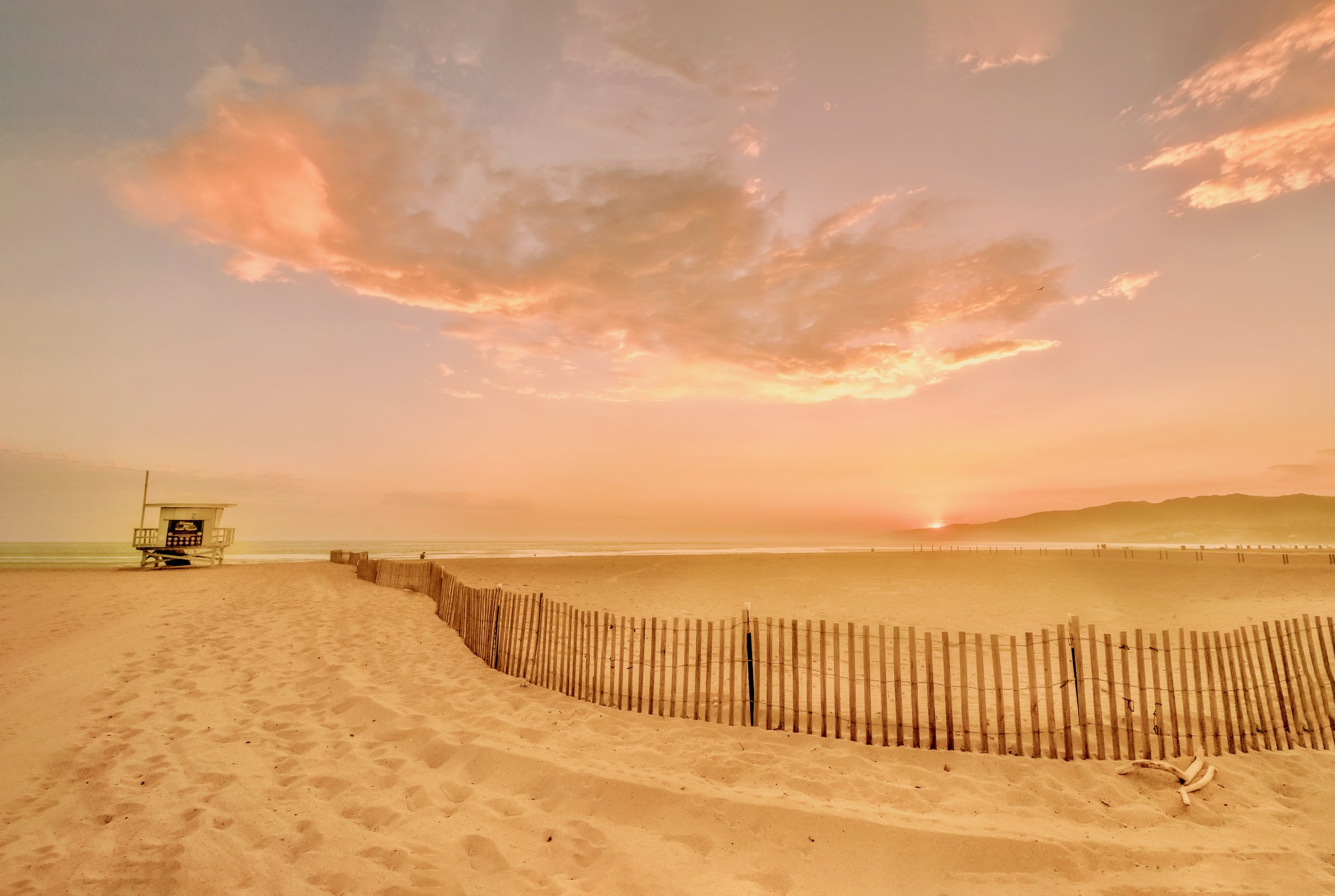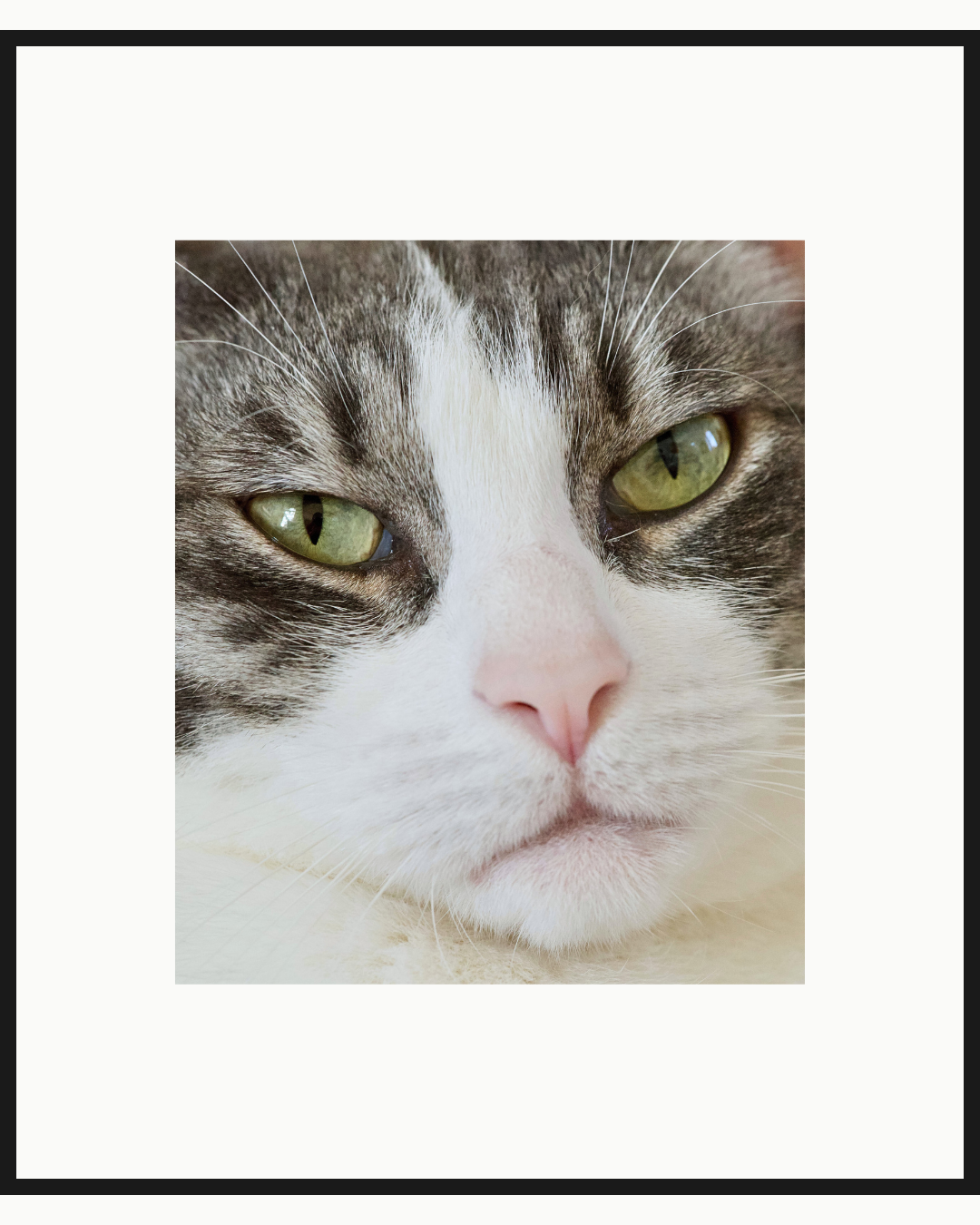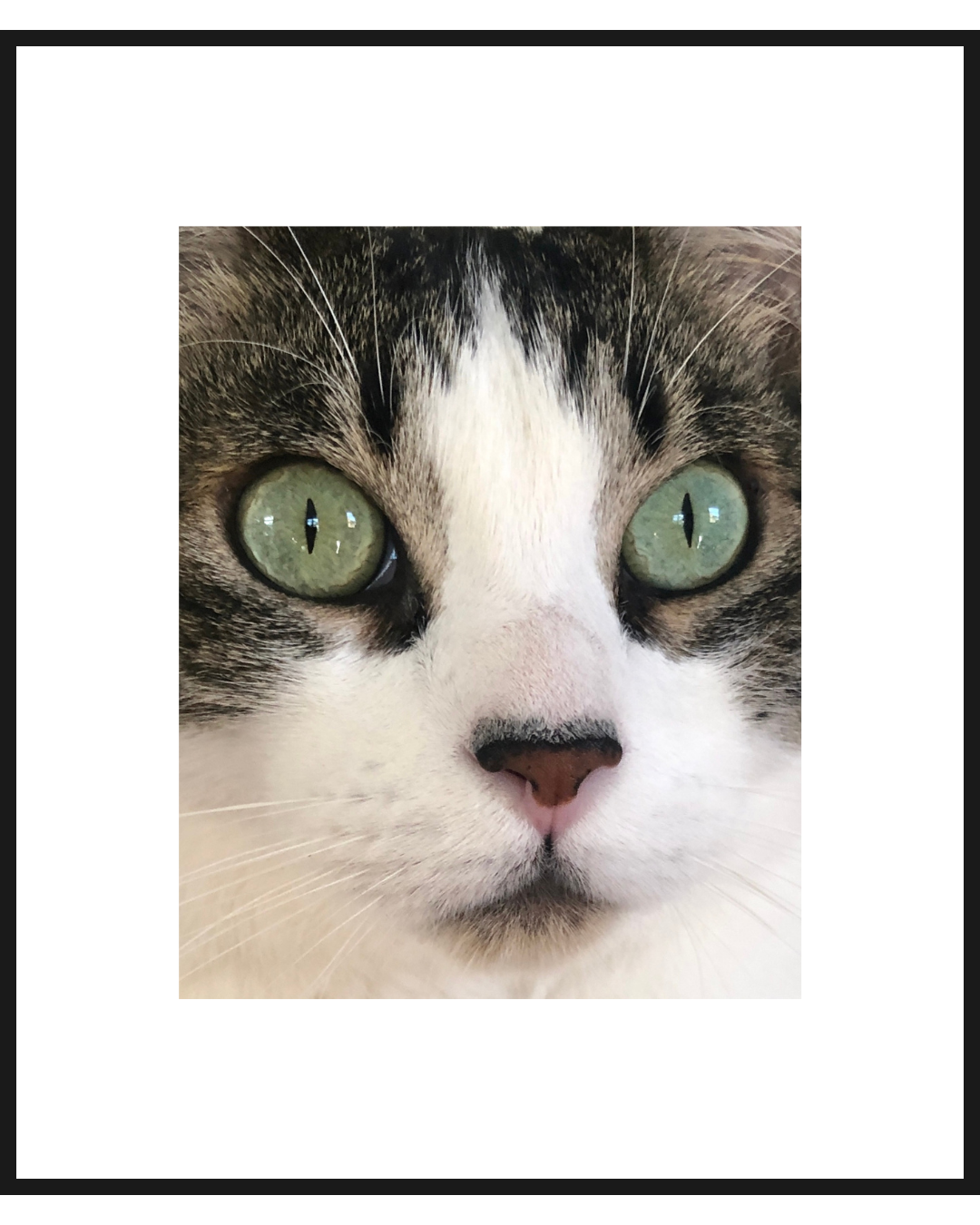Sara’s Story
I’ve been a practicing esthetician for most of my adult life. In that time I’ve worked on the most demanding celebrities, operated my own facial practice, and appeared as an on-air skin care expert. I’ve worked alongside some of the most famous tv dermatologists, consulted for major brands, and practiced my craft in various settings from surgical offices to upscale shops.
It’s been a dream career and I love what I do, but through it all I’ve been troubled by a question, namely, why do so many beauty products have so many un-beautiful things in them?
And I’m not just talking about the obvious nasties like synthetic fragrances and parabens, but the additives that we see in our skincare every day — things like emulsifiers and preservatives, conditioners, texturizers, colorizers, consistency enhancers, neutralizers and stabilizers - things that can comprise up to 90 percent of the average skincare formula — things that when manufactured synthetically have names like Triethanolamine, a pH balancer that’s also used in the production of cement, or polyperfluoroethoxymethoxy difluoro hydroxyethyl ether, a synthetic emollient. No wonder they started naming skincare ingredients with numbers, like CI 15620, otherwise known as red dye.
But whenever I asked the experts why we had to have all those things in skincare, the answer was always the same: The additives make the product smell good and feel good; they keep the product blended and stable and prevent spoilage. And while I understood the need for all that, I always hoped that one day someone would figure out a better way. Little did I know that with help from two unexpected sources, that ‘someone’ would be me.
David, a Harvard graduate and a professor at UCLA Medical School, came to see me because his passion for surfing was taking a toll on his skin. While I was showing David some products, he looked at the ingredients in one of them and remarked, "If you could separate this into a water phase and an oil phase and then apply them sequentially, you’d eliminate the need for almost all the excipients I see in here." His offhand remark was a revelation that led to the development of the 100% active ingredient skincare line that we blend here at The Skincare Bar.
Rick, a restaurateur with a passion for sourcing ingredients, approached me with a real skincare challenge—adult acne. During one of our sessions, Rick proposed sourcing the niacinamide I was using on him from various manufacturers for an ingredient comparison. Though I initially doubted there’d be much difference, as all cosmetic-grade niacinamide is chemically identical, the samples Rick acquired proved otherwise. The differences in quality and feel were striking, and one (from a Swiss skin care lab) was so superior that today it’s the only niacinamide that we use.
Rick’s experiment proved that exceptional skin care begins with meticulous ingredient sourcing. That’s why, at The Skincare Bar, we scour the globe for the best ingredients, conduct rigorous comparison tests, and only the finest earn a place in our collection.
Lucky for me, both David and Rick saw promise in the ideas I began to share with them — ideas they’d inspired - and both became increasingly involved in the work of bringing The Skincare Bar to life. The Skincare Bar line of products that Rick sources, I formulate, and David reviews are products born of our collective passion. We hope you find as much joy in using them as we do in creating them for you.
Wisdom from My Furry Mentors
While much of The Skincare Bar's innovation is born in the lab, some of my deepest insights into skin health come from a more... unconventional source - my rescue cats Louis and Rudy. Through their effortless grace and unapologetic authenticity, my feline companions have offered profound lessons on living in alignment with one's skin – lessons that have directly shaped the philosophy behind The Skincare Bar.
What my cat, Louis, thinks of celebrity skincare
Celebrity skincare promises the moon - flawless skin, eternal youth, that impossible glow - all bottled and marketed with star power.
But when I look at my cat, Louis, his gaze, equal parts bored and superior, says it all. He doesn’t chase trends. He’s not swayed by fancy packaging or celebrity endorsements.
To him, skincare isn’t a performance, it’s instinct. No hype, no ten-step routines or magic formulas. Just the quiet dignity of knowing what works. Because let’s be honest: celebrity skincare is usually more about selling the fantasy than treating your skin.
Louis’s take?
Trust in the care that responds to your skin, not the one scripted for someone else’s spotlight.
My cat, Rudy, zeroing in on my new zit
It’s just a little red pimple, but Rudy’s already locked in.
You know the look - that unblinking stare from your cat that says, “Wow! What’s that on your face?” It makes me want to drop everything and reach for the concealer.
But here’s the unexpected magic: beneath my cat's fierce gaze is trust. This tiny, demanding creature depends on me. Loves me, even when my skin is stressing out. And that gets me to thinking. If a creature this discerning still curls up beside me every night, blemish and all, maybe I can offer myself that same grace.
And now, in the stare where I once saw judgment, I see something else…a reminder to be kind and show up for myself every day. Not because I have to. Because I get to. Because I'm loved. And through that love I find the courage to be better. Not flawless. Just better. Every day.
Join us on IG
The Team
Sara Turbeville Founder/Formulator
Medical esthetician for well-known television dermatologists and plastic surgeons. Product consultant for skincare mega-brands. In private practice since 2008 as owner/operator of SKIN Santa Monica. Allure Magazine named Sara one of the ten best facialists in the country.
David Meriwether Scientific Advisor
Assistant Professor of Medicine, Department of Medicine, David Geffen School of Medicine, UCLA.
After graduating from Harvard, Dr. Meriwether received his PhD in Molecular and Medical Pharmacology from UCLA. In his role as our Scientific Advisor, Dr. Meriwether draws upon his background in pharmacology, epithelial biology, inflammation, the microbiome, and mass spectrometry.
Richard Rever Ingredient Sourcing
Former Owner/ Production Caterers, White Duck Cafe, Los Angeles
Rick has private cheffed for legendary celebrities from Paul Newman to Michael Jackson. Rick and his team won a Los Angeles Times Recipe of the Year award and a LAUSD Cooking in the Classroom award.
Not sure which products are right for you? Get expert guidance and honest answers - book a Skincare Consultation

More From Our Admirers…
Since I returned home to Lake Constance I’ve been using your wonderful skincare products daily. In a short time my skin has visibly become more ‘velvety’ and refined. To my surprise even my ‘malar bags’ have almost disappeared. I have never had such impressive results with any skincare before. A thousand thanks for your tailor made, high quality products and for finding exactly the right ingredients for my specific skin needs. / Inge
My husband just returned from a business trip and asked if I had work done while he was away. It’s your skin care! Thank you! Thank you! Thank you! / Natasha
Hi Sara, just wanted you to know that I’ve been loving my new skincare routine! Thank you so much! / Alma
Your Cocktail Essence, Crystal Serum and Botanical Oil are beyond words. They’re brilliant. My skin feels truly alive and glowing. The Bar Line is translating my skin - the only way I can describe it. Thank you! / Christine
OMG Sara! I just opened up all of my products and used them and it is just the BEST SKINCARE EVER! I can’t tell you how much I love it already. I can’t wait to use them everyday. (heart/kisses emoji) Thank you, I’m truly sending you all the love...you are the best! / Ellette
Sara, I can’t wait to show you how good my skin looks. I am loving the products! They are making a huge difference. / Suzanne
Sara! I love my products. I am so obsessed with them, and especially my Botanical Oil. Can I please order a double size bottle? / Sam
I’m thrilled with your products and use them daily. I’ve already been complimented on my “finer” skin. Thank you from the bottom of my heart! / Rose
As long-time client of Sara’s, I was anxious to try her new line of natural skincare products. I thought I would take it slowly so I just started out with Cocktail Essence (the ‘toner’) and Crystal Serum. I am really thrilled with the results. I have chronic allergies and have grown accustomed to the swelling around my eyes which is extremely uncomfortable. Within a few weeks of using the products, the pain subsided and the swelling went down dramatically. Perhaps I was allergic to the additives in what are allegedly high-end products that I normally used. Also, my skin as a whole now seems so much firmer. I can’t wait to get Botanical Oil to round out my regimen with the whole Bar Line! / Renee



